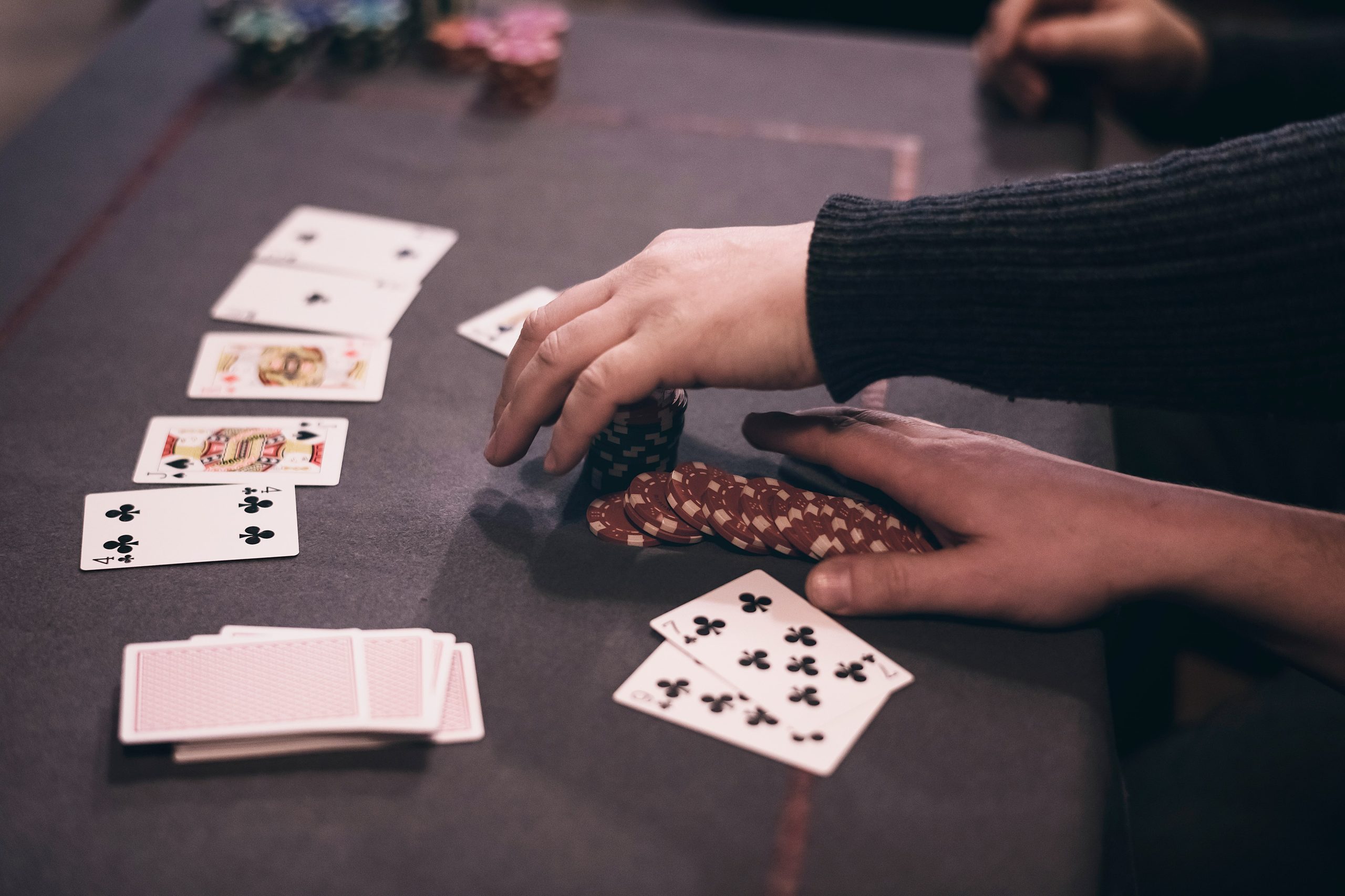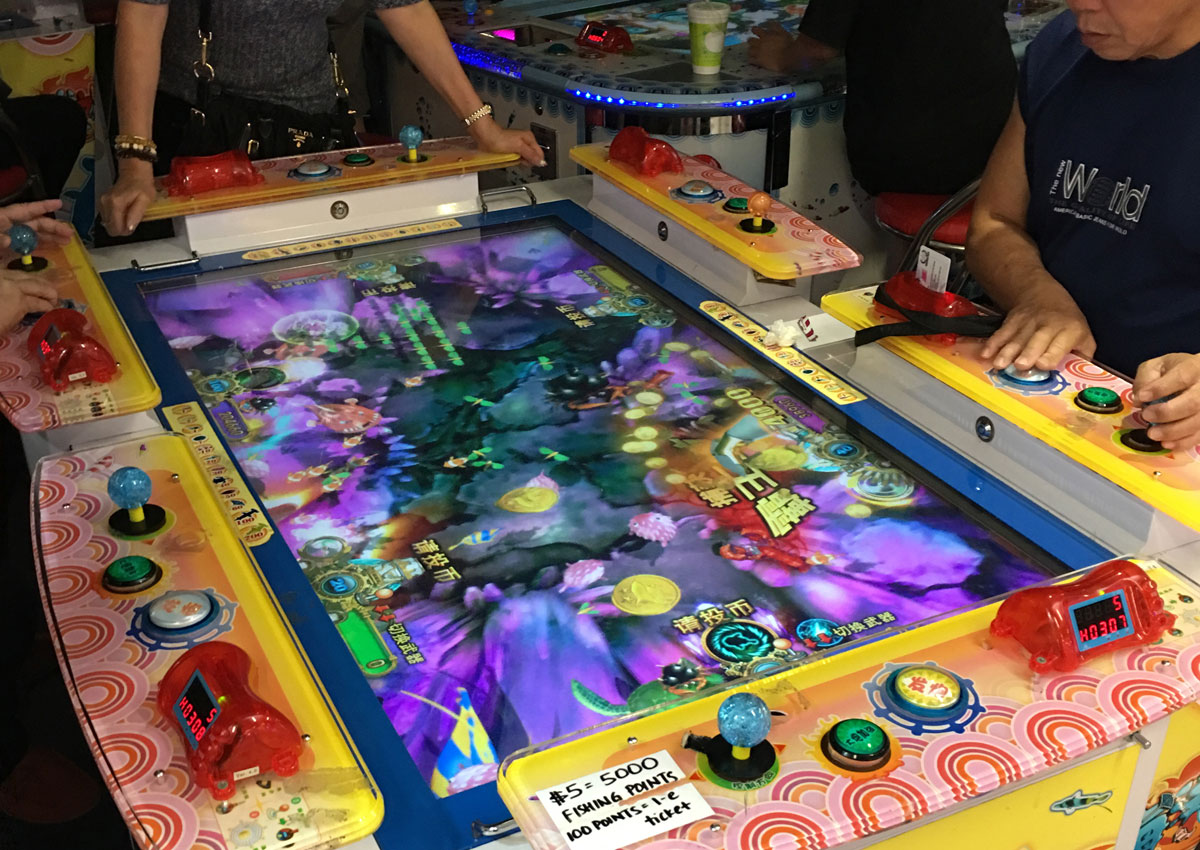Gambling can be a fun and exciting way to pass the time, but it can also be a costly mistake if you don’t approach it with a proper game plan. Before you plunk down your hard-earned money on a bet, take the time to learn about the different types of gambling, the odds, and how to manage your bankroll.
There are many different types of gambling, from casino games to sports betting. Each one has its own set of rules and odds. It’s important to understand these before you place a bet. For example, slots have some of the worst odds in a casino, while blackjack has some of the best.
The odds are the probability that you will win or lose a bet. They’re usually expressed as a percentage or as a ratio. The higher the percentage, the better the chances of winning. However, the payout is usually lower when the odds are in your favor.
Knowing how to manage your bankroll is crucial to gambling success. A bankroll is the amount of money you have to gamble with. It’s important to only gamble with money you can afford to lose and to set limits on how much you’re willing to lose.
Gambling can be a fun way to pass the time, but it can also be costly if you don’t approach it with a proper game plan. Take the time to learn about the different types of gambling, the odds, and how to manage your bankroll before you place a bet. With a little knowledge and planning, you can make your gambling experiences more enjoyable and less costly.
Things to Consider Before Gambling
Before gambling, there are a few things you should take into consideration. First and foremost, you should be aware of the risks involved in gambling. Gambling can be addictive and can lead to financial ruin. If you are not careful, you could end up losing a lot of money.
Second, you should only gamble with money you can afford to lose. Never gamble with rent money or money for bills. Only gamble with extra money that you have.
Third, know when to stop. It is easy to get caught up in the excitement of gambling and lose track of time and money. Set a limit for how much you are willing to gamble and stick to it. When you reach your limit, stop gambling.
Fourth, know the odds. Different games have different odds. The odds are usually posted at the casino or online. Be sure to check the odds before you start gambling so you know what your chances of winning are.
Fifth, be careful of scams. There are many people who will try to take advantage of gamblers. They may offer “surefire” tips or systems that they claim will guarantee you winnings. These are usually scams and should be avoided.
Finally, gambling should be fun. It should not be a way to make money. If you find yourself getting too serious about gambling, take a step back and remember that it is just a game.
Guide on Gambling for Beginners
For many people, gambling is a thrilling way to pass the time. It can be a fun and exciting experience, but it’s important to remember that it’s also a form of entertainment that comes with a cost.
Before you start gambling, it’s important to understand the risks involved so that you can make informed decisions about what you’re doing. This guide will help you get started with gambling and provide some useful tips on how to stay safe while you’re doing it.
What is gambling?
Gambling is the act of wagering money or something of value on an event with an uncertain outcome. The outcome of the wager is usually determined by chance, and there’s usually an element of skill involved as well.
Gambling can take many different forms, from casino games and sports betting to playing the lottery and scratch cards. It’s important to remember that all forms of gambling come with risk, and it’s possible to lose money if you don’t know what you’re doing.
Before you gamble
Before you start gambling, there are a few things you should do:
1. Set a budget: It’s important to gamble responsibly, which means only betting what you can afford to lose. Decide how much money you’re willing to spend on gambling in a week or month, and stick to it.
2. Know your limits: It’s also important to know how much you can afford to lose in a single session of gambling. When you’re setting your budget, make sure you leave some room for losses.
3. Choose the right games: Not all gambling games are created equal. Some games, like casino games, have a house edge, which means the casino has an advantage over the player. Other games, like sports betting, are pure luck with no skill involved. Choose games that fit your budget and level of experience.
4. Understand the odds: Gambling is all about odds – the chances of winning or losing. Make sure you understand the odds of the games you’re playing before you gamble. The higher the odds, the more likely you are to lose money.
5. Quit while you’re ahead: One of the most important things to remember when gambling is to quit while you’re ahead. If you’re on a winning streak, it can be tempting to keep going in hopes of winning even more money. But the reality is that the longer you play, the more likely you are to lose. So when you’re ahead, cash out and walk away.
These are just a few things to keep in mind before you start gambling. For more information on responsible gambling, check out our responsible gambling guide.





